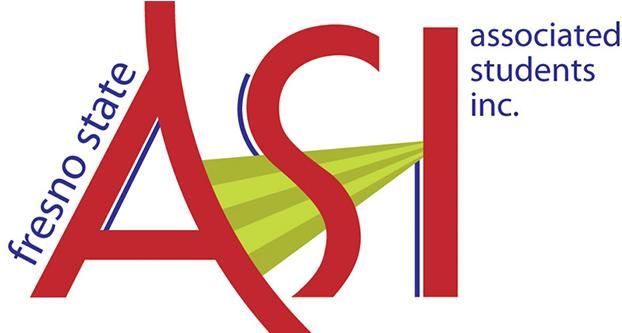The Associated Students, Inc. (ASI) presidential candidates discussed presidential responsibilities, sexual harassment prevention and online student engagement during the ASI presidential debate on Friday, September 25.
The second 2020 ASI presidential debate comes after the controversy surrounding the disqualification of former president-elect Ruby V. Muñiz.
Presidential candidates Naila Estrada and Elizabeth Rocha Zuñiga faced off for the second time this year.
After brief introductions from the candidates, the first question they were asked pertained to their responsibilities as ASI president, and how they would adequately fulfill such responsibilities.
Estrada answered the question first, stating that the role as ASI president did not entail specific qualifications, but rather relied on the dedication and commitment the president was willing to put into the position.
“If elected for the position of ASI President, I hope to show students that you are capable of being in this position that I’m running for,” Estrada said.
Zuñiga answered the question by emphasizing the impact COVID-19 has had on the student body and administration, noting the need for collaboration between both parties and the importance of remaining vocal for students as president.
“It’s for students and the students are the vehicle for change. So what we do as president is definitely to be vocal, to be assertive when we need to be because students should be the priority,” Zuñiga said.
Collegian Reporters Hannah Lanier and Abbygail de Castro moderated live streamed debate, providing questions to the candidates and allowing them 1 minute, 15 seconds to respond.
In another question, candidates were asked for their thoughts on the university’s approach on preventing sexual harassment and how its methods could be improved.
Zuñiga said she believed survivors and that the concerns of sexual harassment were an issue that went beyond the university. She noted the need for Title XI changes and that the sexual harassment prevention training should be taken much more seriously.
“I want to be able to help and to be a voice for students, not just at Fresno State, not just in a CSU, but the national level where these changes have been made that already limit the amount of students who are coming forward, and that needs to change,” Zuñiga said.
Estrada said that she felt that the university’s approach could be improved upon, as the program provided important information to students, but lacked in how effective it was through a mere online program.
“It’s important to get that information, but I feel in order to really get that information in your head is by doing other stuff too,” Estrada said. “I feel like there could be more done beside the test.”
Candidates were also asked for their goals they wished to accomplish within the first 100 days of their presidency.
Estrada responded to the question by summarizing her goals into three major points: ensuring students’ awareness of campus resources, supporting students’ mental and physical health and improving students’ parking and tuition costs.
“I feel like these are three of the goals that I want to accomplish, but obviously, there’s more,” she said. “These are just the three that I feel will benefit each student.”
Zuñiga answered the question by emphasizing the need for communication between students and leaders, and also said that she wanted to pursue more goals such as extending community outreach, developing student resources and improving tuition transparency.
“I really want to have a space where students can come and let me know, let all the student leaders know what their concerns are,” Zuñiga said. “I think there has been a lack of that.”
Given the transition to virtual learning due to COVID-19, the candidates were asked how they would engage and interact with the student body through online means.
Estrada said that a major way to engage with students would be through social media, posting events and other information on various platforms and sharing those resources with other students online.
“I feel, definitely, social media would be a good way to keep students updated on what happens around campus. Just using social media and just using your voice,” Estrada said.
Zuñiga said that Zoom would be a good platform to host events and interact with students on, and that social media engagement would allow students to know what is available
“Having a space, again, to echo student concerns is super important to me. So I think Zoom is something that I really want to use more of and utilize,” Zuñiga said.
In their closing statements, both candidates acknowledged and thanked the ASI staff and students who have continued to contribute to the campus despite the unusual ASI presidential election period.
Estrada closed her statements by saying that this election period comes at a difficult time, and that it’s imperative for every student to gain the courage to remain persistent.
“We all have the same end goal here, and that is to graduate from Fresno State … I know each and every one of you are capable of so much and I hope with my presence, with me talking here with you guys today, has motivated at least one of you to not give up,” Estrada said.
In her closing statement, Zuñiga also addressed the difficult times, encouraging students to remain hopeful for the future and to continue to reach out to one another.
“I want you to know this is about you and what we can do together,” Zuñiga said. “I want you to know that whatever I accomplish during my term as President, if elected, will be on behalf of your best interest, and I will be a voice for you in all realms.”
The ASI election will take place on Monday, September 28 at 9 a.m. through Wednesday, September 30 at noon.
The results are scheduled to be live-streamed and posted on ASI’s social media on Wednesday September 30 at approximately 1 p.m. or when the League of Women Voters is finished tallying the votes.




